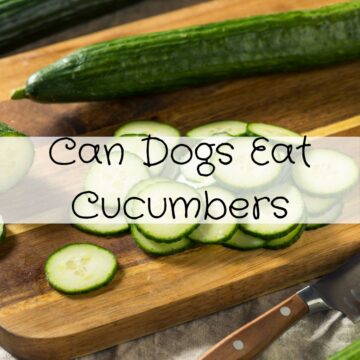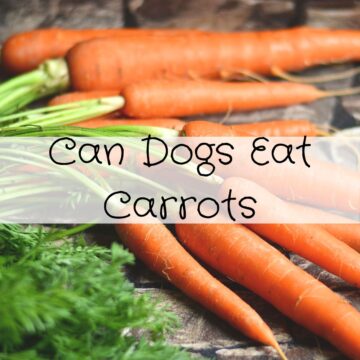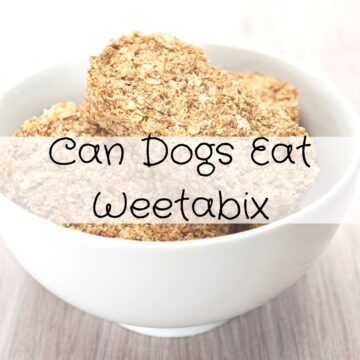Bell peppers are a type of vegetable that comes in different colors, such as green, red, yellow, and orange. They are a popular ingredient in many human dishes, and they offer a range of health benefits. However, if you are a dog owner, you may be wondering if it is safe to feed your furry friend bell peppers. In this article, we will explore whether dogs can eat bell peppers, and if so, what benefits they can provide.

This post may contain affiliate links. Please read my disclosure policy for more information.
Use the table of contents below to jump to any section of this blog post. You can also use the jump to recipe link above to get right to the recipe card.
Jump to:
Can dogs eat bell peppers?
Yes, dogs can eat bell peppers in moderation. Bell peppers are not toxic to dogs, and they offer several nutritional benefits. However, it is essential to remember that dogs have different digestive systems than humans, and some human foods can be harmful to them. Therefore, it is always best to consult your veterinarian before introducing any new food to your dog's diet.
Benefits of feeding your dog bell peppers
Bell peppers are a great source of vitamins and minerals that can benefit your dog's health. Here are some of the nutrients that bell peppers contain and the benefits they offer:
- Vitamin C: Bell peppers are an excellent source of vitamin C, which is an essential antioxidant that helps boost the immune system and promotes healthy skin and coat.
- Vitamin A: Bell peppers also contain vitamin A, which is important for maintaining good vision and healthy skin.
- Fiber: Bell peppers are high in fiber, which aids in digestion and can help prevent constipation.
- Low in calories: Bell peppers are low in calories, making them an excellent snack option for dogs who need to lose weight or maintain a healthy weight.
- Antioxidants: Bell peppers contain antioxidants that can help reduce inflammation and prevent cell damage.
Precautions when feeding your dog bell peppers
While bell peppers are safe for dogs to eat, there are some precautions you should take when feeding them to your furry friend:
- Remove the seeds and stem: Before feeding your dog a bell pepper, be sure to remove the stem and seeds, as they can be a choking hazard and are difficult for dogs to digest.
- Avoid feeding your dog spicy peppers: Spicy peppers, such as jalapenos, can cause stomach upset and irritation in dogs, so it is best to avoid feeding them to your furry friend.
- Introduce new foods slowly: When introducing a new food to your dog's diet, it is best to do so gradually. Start with small amounts and observe how your dog reacts to it.
- Don't overdo it: While bell peppers are safe for dogs, they should not make up a significant portion of your dog's diet. They should be given as a treat or added to your dog's regular food in moderation.
Dog Food Recipes with Bell Peppers
I've seen videos of dogs happily munching on raw bell peppers but my dogs seem to prefer them cooked. We have a few recipes with bell peppers as an ingredient:
Conclusion
In conclusion, dogs can eat bell peppers in moderation, and they offer several health benefits. Bell peppers are high in vitamins and minerals, low in calories, and rich in antioxidants. However, it is essential to take precautions when feeding your dog bell peppers, such as removing the seeds and stem, avoiding spicy peppers, and introducing new foods slowly. As always, it is best to consult your veterinarian before introducing any new food to your dog's diet.






Leave a Reply